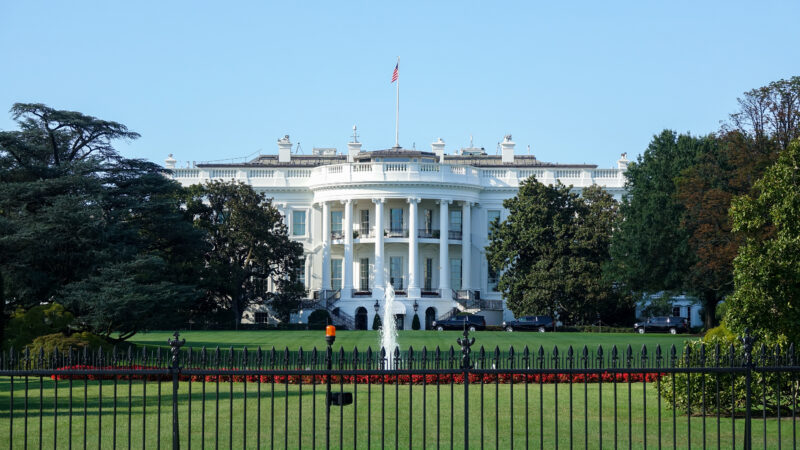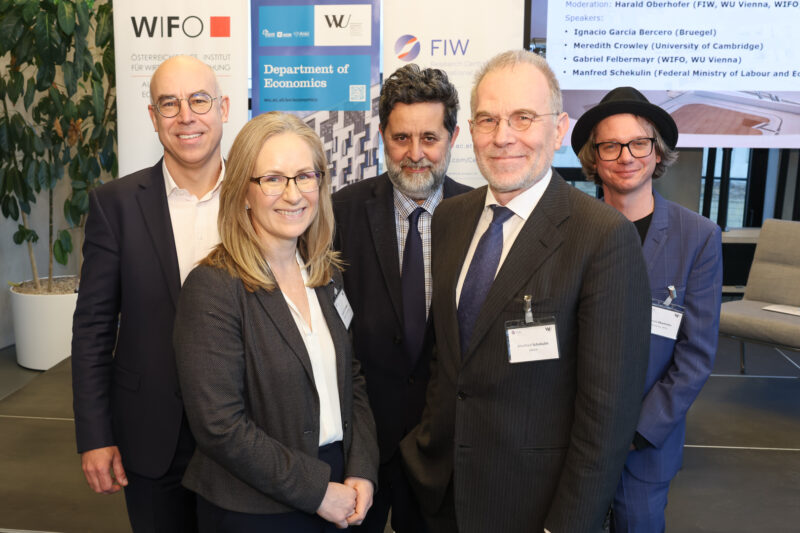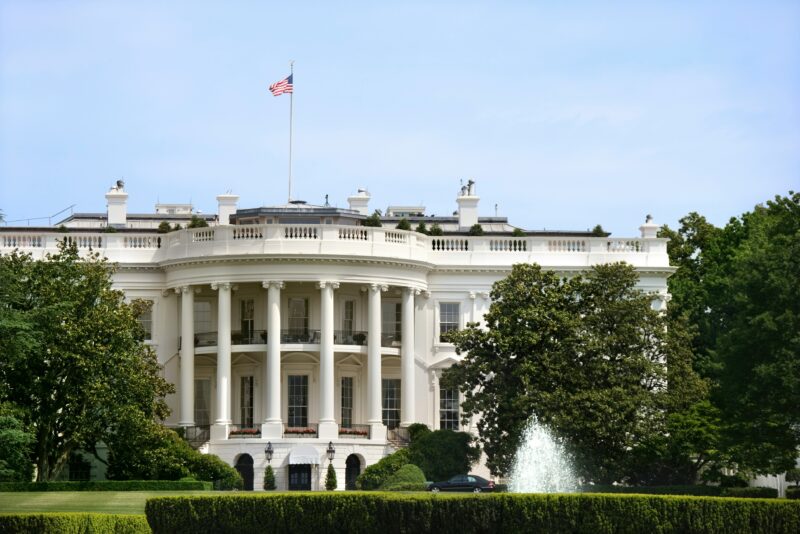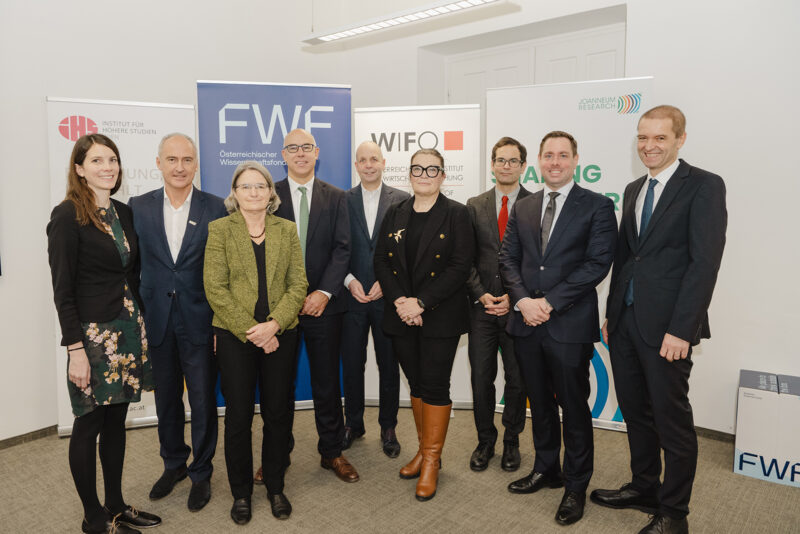
Moderate Recovery of Austrian Exports in Sight for 2025
In its new report on the state of the Austrian export economy, which was published on 14 October 2024, the "Research Centre International Economics" (FIW) comes to the following conclusion: Austria's export momentum in 2024 is noticeably subdued due to the challenging global conditions, in particular the weak demand from Germany. Austria's close economic ties with Germany as its most important trading partner are further exacerbating the situation. The dynamics in non-EU export markets, such as the USA, also vary. While the US market continues to show robust growth, the global economy remains subdued.
Based on the WIFO forecast, FIW expects a moderate recovery in exports in 2025. "Our optimism for Austrian foreign trade is based on the expected improvement in global economic conditions, falling oil prices and a stabilisation of global demand," says Elisabeth Christen, WIFO economist and co-author of the FIW Annual Report. The Austrian export markets, which are expected to grow by only 0.7 percent in 2024, are expected to recover by 3.8 percent in 2025. This reflects the expected economic recovery in key trading regions, particularly following the stagnation of the German economy in 2024.
Given the weak economic environment, Austrian exports fall by 5.5 percent in nominal terms in the first half of 2024. For 2024 as a whole, goods exports are expected to decrease by around 3.5 percent in real terms. As the global economy recovers, domestic exports are forecast to increase by 2.3 percent in real terms in 2025. Exports to Germany, which fell by 7.6 percent in the first half of 2024, are also expected to stabilise again in 2025.
Imports will also recover again after a significant decline in 2024. While imports of goods fell by 12.2 percent in nominal terms in the first half of 2024, a decline of 4.0 percent in real terms is expected for the year as a whole. By contrast, imports are forecast to rise by 2.3 percent in real terms in 2025, signalling an overall improvement in the trade balance.
The forecast fits in seamlessly into the general economic outlook for 2024 and 2025 and illustrates that Austria's foreign economic activity is subject to broader global trends and is not an isolated exception.
Potential effects of the presidential election in the USA on global trade
In the second part, the report analyses the potential impact of the upcoming US presidential election, the outcome of which could have far-reaching consequences for global trade. Although Kamala Harris and Donald Trump are pursuing similar goals in economic and trade policy, their measures, the speed of their realisation and the severity of their implementation would differ significantly.
"With Donald Trump in the White House, the international order and multilateralism would be considerably more jeopardised than with a President Kamala Harris," says Robert Stehrer, Scientific Director of the Vienna Institute for International Economic Studies (wiiw) and co-author of the FIW Annual Report. But even with Kamala Harris as President of the USA, the EU would probably face considerable challenges. The future direction of US economic policy is therefore likely to have far-reaching consequences for the Austrian export industry.
In conclusion, the FIW annual report emphasises that continuous efforts to strengthen the international competitiveness of the Austrian export industry are essential, particularly in view of the current difficulties.
Please contact


















